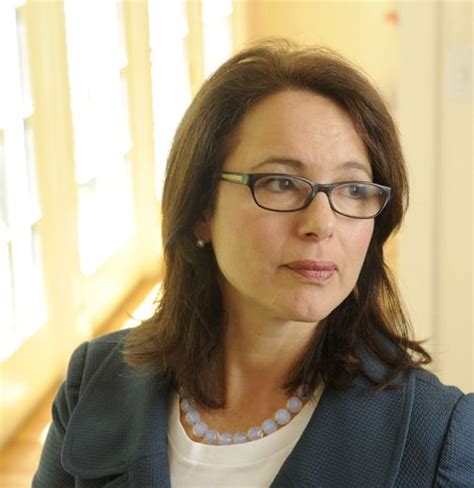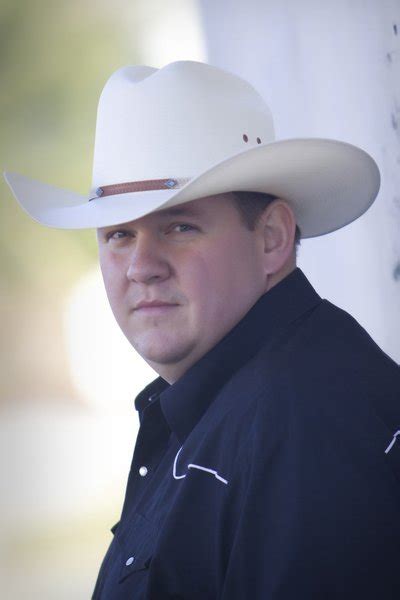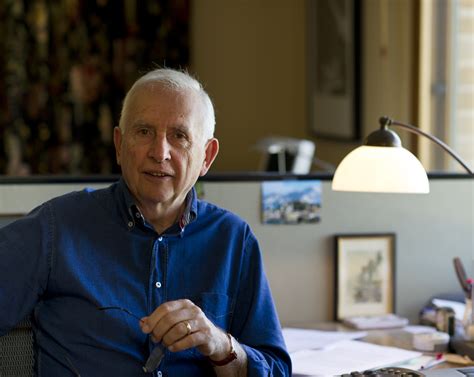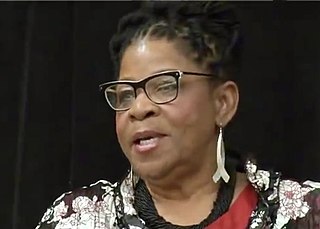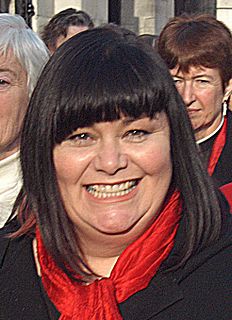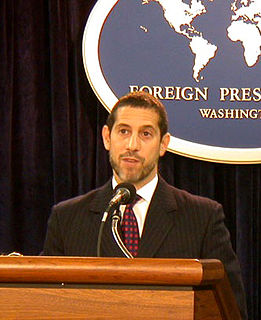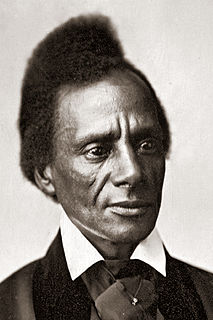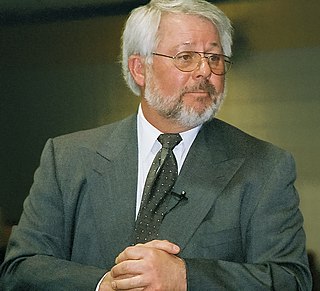A Quote by Jessica Stern
Some people's lives seem to flow in a narrative; mine had many stops and starts. That's what trauma does. It interrupts the plot. You can't process it because it doesn't fit with what came before or what comes afterward. A friend of mine, a soldier, put it this way. In most of our lives, most of the time, you have a sense of what is to come. There is a steady narrative, a feeling of "lights, camera, action" when big events are imminent. But trauma isn't like that. It just happens, and then life goes on. No one prepares you for it.
Quote Topics
Action
Because
Before
Big
Big Events
Came
Camera
Come
Does
Events
Feeling
Fit
Flow
Friend
Goes
Goes On
Had
Happens
His Way
Imminent
Just
Life
Life Goes On
Lights
Like
Lives
Many
Mine
Most
Narrative
Our
Our Lives
People
Plot
Process
Put
Seem
Sense
Soldier
Some
Some People
Starts
Steady
Stops
Then
Time
Trauma
Way
Related Quotes
If we take a hard look at what poverty is, its nature, it's not pretty - it's full of trauma. And we're able to accept trauma with certain groups, like with soldiers, for instance - we understand that they face trauma and that trauma can be connected to things like depression or acts of violence later on in life.
The thing that always interests me from a storytelling point of view is how that moment of trauma, whatever the trauma is, even divorce, your dog dies, whatever it is, the consequence, in terms of people's emotional lives and the way it resonates behaviorally for a long time is really the stuff that interests me.
The thing that always interests me from a storytelling point of view is how that moment of trauma, whatever the trauma is, even divorce, your dog dies, whatever it is, the consequence, in terms of people's emotional lives and the way it resonates behaviorally for a long time, is really the stuff that interests me.
We're painting the same people all our life - it's just the way we look at them that changes. If you experience trauma, you can speak about it in so many different ways. You can speak about landscape, you can speak about your food; it's always different. Trauma is the beginning of life as an artist.
You have to let kids live their own lives and make their mistakes, but it is difficult now because there are so many things in their lives which weren't in mine - I never had Facebook. And some of the things I see now I'm appalled by. So I'm as nosey about my daughter's life as I can be. I tell her, 'I'm all over you, whether you like it or not.'
Above all, mine is a love story. Unlike most love stories, this one involves chance, gravity, a dash of head trauma. It began with a coin toss. The coin came up tails. I was heads. Had it gone my way, there might not be a story at all. Just a chapter, or a sentence in a book whose greater theme had yet to be determined. Maybe this chapter would've had the faintest whisper of love about it. But maybe not. Sometimes, a girl needs to lose.
Think about how many of us have wondered why we don't fit, why our faith doesn't stabilize us, why we seem so out of sync with most of the world. Genuine faith is the isolating force in our lives that creates tension wherever we go. To put it another way, faith is the unbalancing force in our lives that is the fruit of God's disturbing presence.
